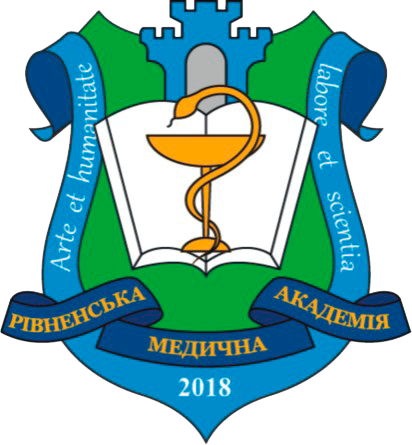ADVANTAGES AND DISADVANTAGES OF THE PROGRAMMED TEST TRAINING AND CONTROL DURING THE PROCESS OF EDUCATING IN MEDICAL EDUCATIONAL INSTITUTIONS
DOI:
https://doi.org/10.32782/health-2023.2.4Keywords:
programmed control, test, assimilation of educational material, computer technology.Abstract
Programmed test training is one of the types of assimilation of educational material that takes place according to a pre-made program and which allows you to speed up the quality of education due to: highlighting the main, essential part in the educational material; ensuring operational control over the process of assimilation of knowledge, skills and abilities; logical sequence in assimilation of educational material; opportunities for each student to work at their own pace; the ability to individualize training for one’s own needs; implementation of constant monitoring and self-control of the process of assimilation of educational material. The article notes the role of the prominent American psychologist B. Skinner, who theoretically substantiated and introduced the concepts of “programmed learning” and “programmed control” of acquired knowledge and skills into practical pedagogy. The main idea of programmed learning, which consists in managing the assimilation of educational material by a pupil (student), with the help of a curriculum, which is the key concept of this term, is voiced. It is explained that the idea proposed by B. Skinner should be understood as the learning of educational material with the help of successive, small and understandable units of educational information (steps), in contrast to traditional education – where a student reproduces the studied material as a whole, and success (or failure) learned is almost not controlled. The concept of «test» as a tool for objective assessment of knowledge and test control as a means of optimizing the educational process has been clarified. The possibilities of a non-machine way of evaluating students and programmed control of knowledge and skills with the help of technical means, which nowadays are mainly computer equipment, are also considered. Functional capabilities of a modern computer during test training and programmed control of acquired knowledge and skills are briefly analyzed.
References
Алексейчук І.С. Про технологію створення системи тестування. Новітехнології навчання : науково-методичний збірник. Київ : НМЦВД, 2000. С. 43–92.
Дуженков В.Д. Деякі аспекти методики складання тестових завдань. Організація навчально-виховного процесу. 2006. Випуск 8. С. 104–109.
Кальнік О. Традиційні та інноваційні методи контролю навчальних досягнень із гуманітарних дисциплін. Педагогічні науки. 2013. № 3(59). С. 37–42.
Лисак Г.О. Контроль навчальних досягнень студентів в умовах кредитно-трансферної системи навчання. Вісник Запорізького національного університету. 2008. № 1. С. 157–162.
Васюк О., Майданюк Н. Організація контролю навчання студентів. Вісник Книжкової палати. 2009. № 5. С. 27–29.
Якубовська Л.П. Використання тестів у навчанні іноземної мови курсантів. Наукові записки Вінницького державного педагогічного університету імені М. Коцюбинського. Серія: Педагогіка і психологія. Вінниця. 2004. Вип. 10. С. 192–196.





